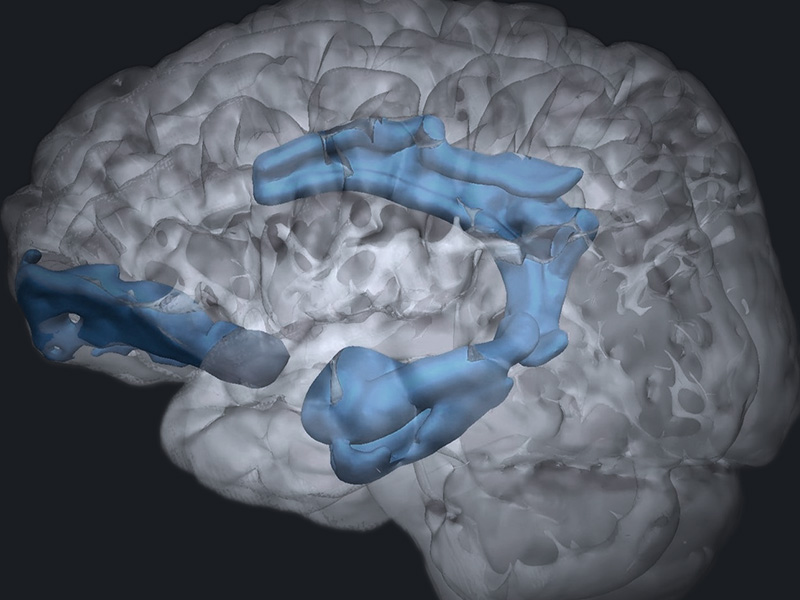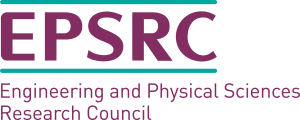Machine Learning to Predict Epilepsy Surgery Outcome
Led by Prof. John Duncan, and linked to the EpiNav project, led by Prof. Seb Ourselin at KCL.
Around 16 million people worldwide have refractory focal epilepsy, not responding adequately to any combination of medical treatments. A proportion of these respond absolutely and unequivocally to epilepsy surgery, when the epileptogenic zone is resected and the patient becomes entirely seizure free. Currently there are limited features to indicate prognosis post-resection. One good prognostic indicator is mesial temporal lobe epilepsy, which has the highest rate of post-operative seizure freedom. This interdisciplinary project brings together clinical neurology and epilepsy surgery with text mining and machine learning to analyse thousands of records of patients evaluated for epilepsy surgery of whom 1,033 underwent epilepsy surgery, with the aim of enhancing our predictive power of post-surgical seizure-freedom. The objective is using personalised medicine to increase the current proportion (34%) of patients becoming seizure free at all follow up years.
FUNDED BY:




